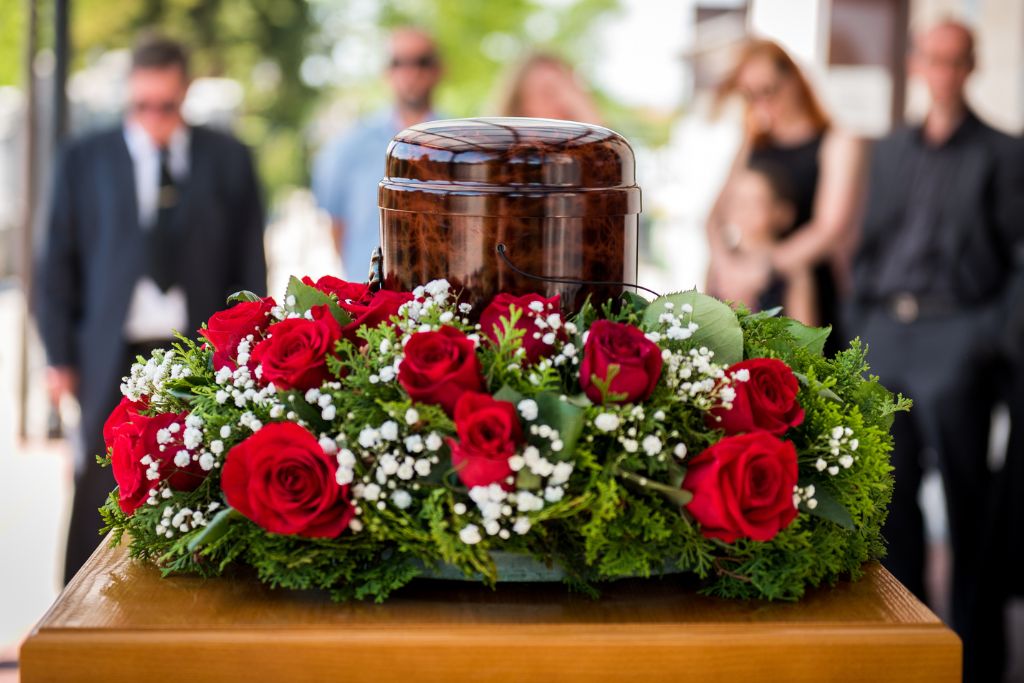When is a permit not required for the transport of bodies?
In the case of transport by road over a distance of less than 60 kilometers, a special permit is not required. The transport is carried out by a properly trained employee of the funeral home, and the vehicle must meet specific requirements such as: permanent and clear markings, separation of the driver’s cabin from the area designated for placing the body, devices to secure the coffin against shifting, a floor adapted for washing and disinfection, and space for storing disinfectants.
Proper transport guarantees no health or life hazards for bystanders and ensures due respect and dignity for the deceased.
The deceased cannot be transported in an ordinary car or an ambulance.
When is it necessary to obtain a permit for domestic transport of bodies?
When the transport distance exceeds 60 kilometers, a permit must be obtained from sanitary services by submitting the appropriate application. The permit is issued by the district sanitary inspector. If the cause of death is unknown, an official document excluding infectious disease as the cause of death must be attached. In cases where the cause of death was an infectious disease, this fact must be reported to the sanitary inspector, who will recommend appropriate precautions.
Is it possible to transport an urn with ashes personally?
No special permits are required for transporting an urn with ashes. It can be transported in a private car, with the only obligation being to show respect for the ashes of the deceased. The urn can also be transported by airplane, but this must be reported to the airline in advance, as they may have their own regulations in such cases.
How to organize international transport of bodies?
In such cases, official procedures are much more complicated, so it is better to entrust all formalities to BONGO International Funeral Services, which organizes the transport of bodies to Poland and boasts over 60 years of experience, as well as knowledge of regulations and customs worldwide. Necessary documents include a death certificate translated into Polish, a certificate from the consul in the country where the death occurred, and the consent of the county governor (starosta) where the body is to be buried. The county governor issues this consent in agreement with the district sanitary inspector. If the death certificate does not state the cause of death, a certificate confirming that the death did not result from an infectious disease is also required.
The permit to bring bodies from abroad is issued upon request of the closest family members and relatives. The applicant may also be a legal entity – for example, a company where the deceased was employed. All detailed regulations on this topic are available on government websites, and in case of doubts, it is best to consult the Polish consulate.
Sanitary regulations strictly prohibit opening the coffin after the bodies have been brought to the burial site.
What are the penalties for violating regulations related to the transport of bodies?
Violation of regulations concerning the transport of bodies is treated very strictly by law and is punishable by a heavy fine or even imprisonment.













